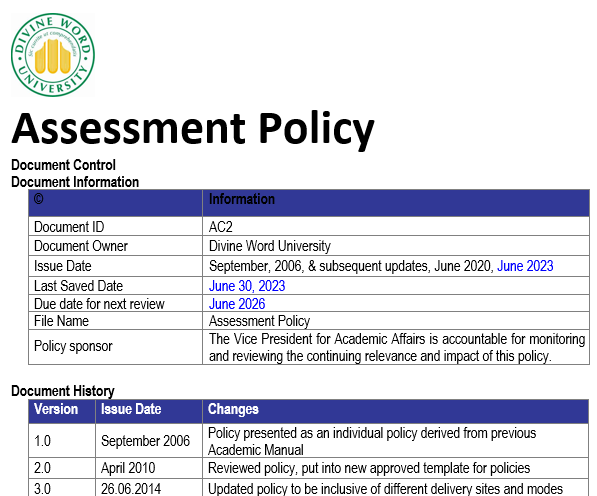PNG's First Foreign Policy: Navigating Independence and Economic Development

In 1976, Premdas, a prominent scholar, published a seminal article in the Australian Journal of International Affairs, shedding light on the foreign policy options available to newly independent nations. His insights played a crucial role in understanding Papua New Guinea's (PNG) initial foreign policy choices as it embarked on its journey towards nationhood. In this article, we explore the three key foreign policy options that PNG considered, the factors that influenced its decision-making process, and how economic interests ultimately shaped its foreign relations. The Three Foreign Policy Options As PNG gained independence, it faced critical decisions about its place in the international arena. Premdas identified three primary foreign policy options open to the country: Isolationism: The first option was isolationism, which involved a policy of staying aloof from international affairs and maintaining minimal interaction with other nations. Non-alignment: The second option was n...


